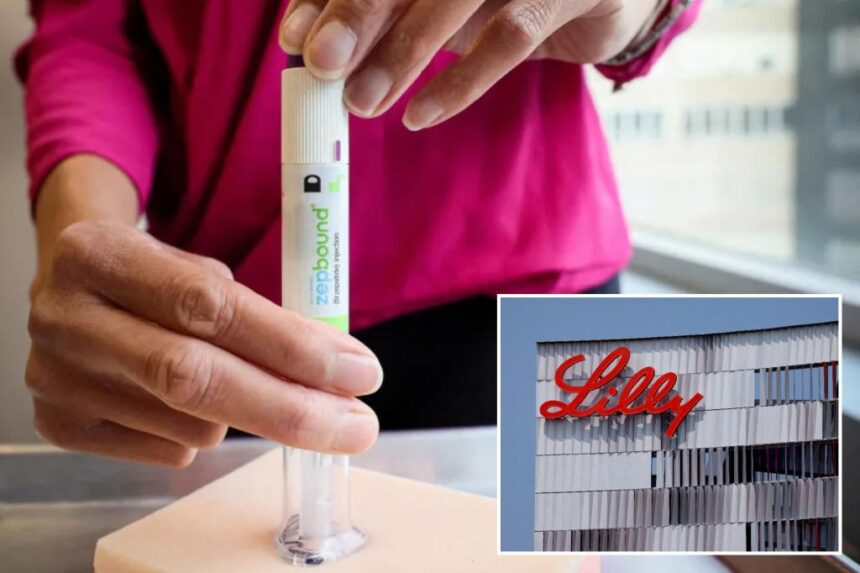The Food and Drug Administration (FDA) has made a significant decision that will impact the availability of two popular drugs used for obesity and diabetes. Specialty pharmacies and online companies that have been selling off-brand copies of Eli Lilly’s Zepbound and Mounjaro will need to phase out their versions next year. This comes after the FDA declared that the nationwide shortage of these drugs has been resolved, eliminating the need for generic versions.
Zepbound is FDA-approved for treating obesity, while Mounjaro is approved for diabetes. Both drugs contain the active ingredient tirzepatide and belong to the GLP-1 class of medications known for their effectiveness in helping people lose weight by reducing appetite and increasing feelings of fullness.
The decision to phase out off-brand copies of these drugs is a victory for Eli Lilly, which had been urging the FDA to take action for months. The move is expected to impact how patients access these medications and may affect the cost as well.
While Zepbound and Mounjaro are now readily available to meet demand, competing drugs like Wegovy and Ozempic from Novo Nordisk are still facing shortages. This has led to compounding pharmacies and telehealth companies such as Hims and Ro entering the market to offer cheaper alternatives online.
The FDA has given these businesses a timeframe of 60 to 90 days, depending on their size, to phase out their products. This shift back to Lilly’s medications is seen as a move to improve safety for consumers, as the FDA had previously warned about issues with ingredients and formulations in some off-brand GLP-1 drugs sold online.
Compounding pharmacies play a crucial role in providing customized medications, especially when patients have allergies or specific needs. The industry has seen significant growth in recent years, driven in part by drug shortages.
The demand for off-brand GLP-1 drugs has been fueled by aggressive online marketing tactics from telehealth companies, which are not bound by the same rules as traditional drug manufacturers. The FDA initially declared an end to the shortage of Zepbound and Mounjaro in October, but reversed its decision following public backlash and a lawsuit from compounding pharmacies.
Overall, the FDA’s decision to phase out off-brand copies of these drugs reflects a commitment to ensuring the safety and efficacy of medications for patients. It also highlights the importance of regulatory oversight in the pharmaceutical industry to protect consumers from potential risks associated with counterfeit or substandard medications.








